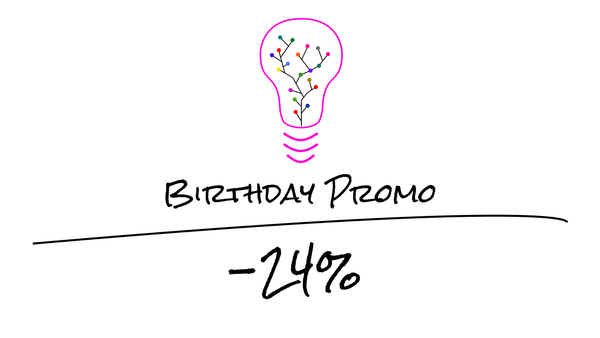Saving and Restoring Mental Contexts to Improve Mental Health and Productivity
This article explores mental contexts and the importance of handling those properly to improve mental health and productivity
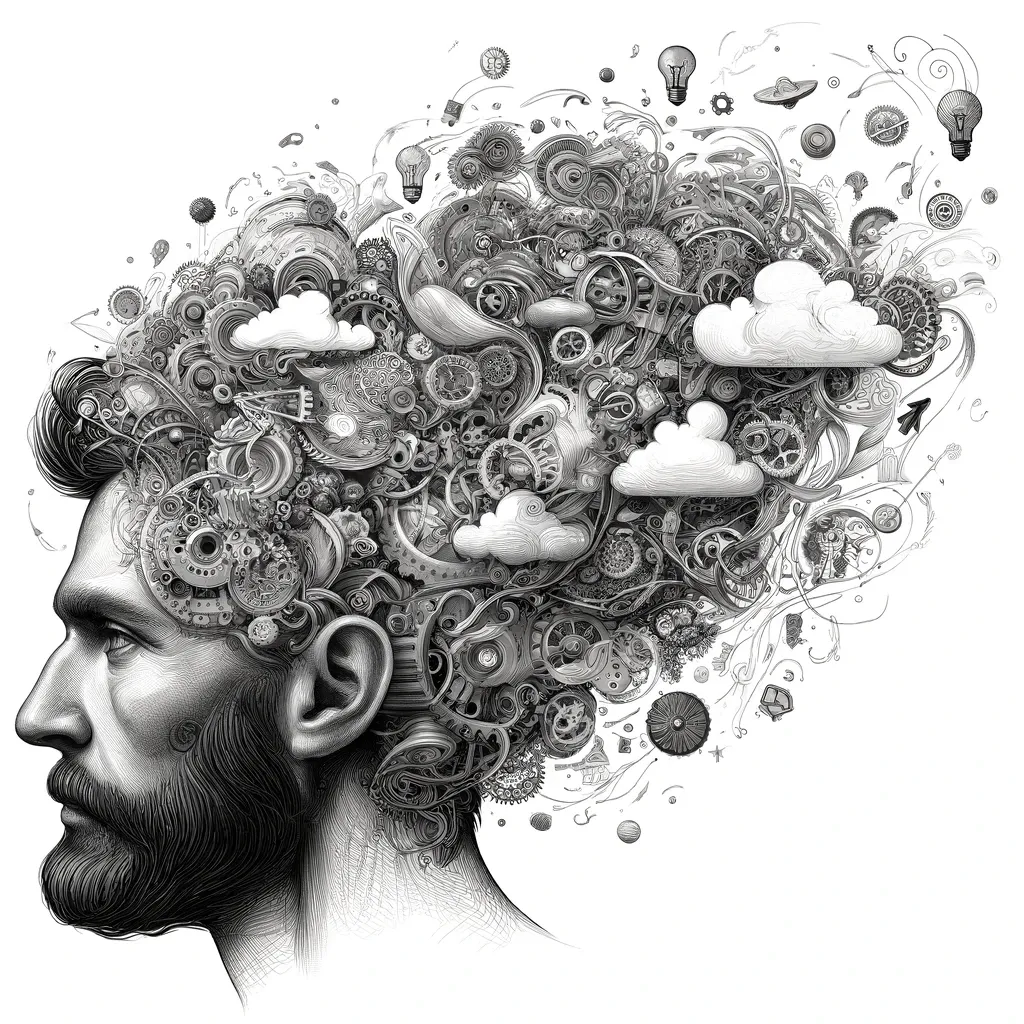
In this article, I'll explore mental contexts, and I'll discuss why it's important to regularly save and restore those.
Introduction
As knowledge workers, we all share a common “issue”: we’ve always got a lot on our minds. It’s a key part of our line of work, and it can be taxing. Mental work can be as exhausting as a day of physical work.
While we work on our projects, we create mental contexts that are specific to what we’re busy with. A mental context is a graph of information, data, facts, and relationships that we store in our short-term memory while solving problems or exploring ideas. The more we focus on something, the more information we accumulate, progressively enriching the mental context.
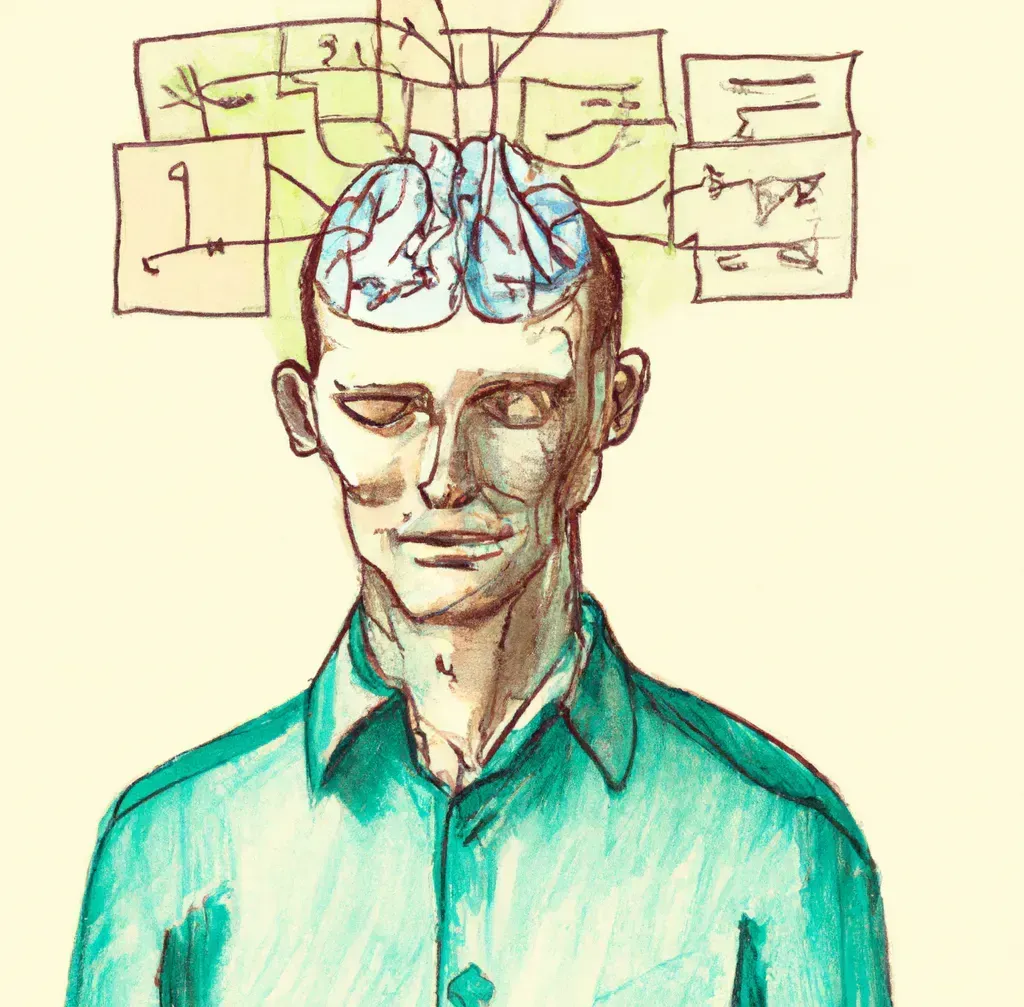
For instance, as a software developer, I constantly create mental contexts while troubleshooting issues. These include information such as:
- what the problem is
- what are the symptoms
- when did it start occurring
- systems, sub-systems, components, modules, and functions that interact together to achieve some goals
- what calls what in which order
- how data flows within the system
- which files, classes, database tables, variables, and functions are relevant to the problem at hand
- …
Mental contexts take time, effort, and focus to be created and kept around in our memory. That’s why interruptions are so taxing at work. Whenever we are interrupted, we lose a part of the information we accumulated, and it takes a lot of time/energy to get back to the same point.
Fear is not the mind-killer, context switching is the mind-killer — Elon Musk
Most of the information in our mental contexts is only useful/relevant to retain while we are busy working on specific tasks and can be “forgotten” once we are done. That being said, at least a part of the information needs to be kept in some way from one work day to the next. For example, if we’re not done with a certain task at the end of the workday, then we do save the relevant information we’ve acquired, somehow.
In addition, we also need to retain meta-information about work: what we’re trying to achieve, when we should be done, what we should do next, etc.
Approaches to save our mental contexts
There are various ways to save our mental contexts. Let’s explore a few.
The default one is to rely on our brain’s memory. Unfortunately, it’s pretty unreliable. If a weekend passes between two workdays, then chances are that most of the information will be lost by the time we come back to work, forcing us to spend time reconstructing it. This approach thus hurts our productivity.
A significant drawback of that approach is also the fact that all this information clutters our minds needlessly. We leave work and keep thinking about the problems we were trying to solve, even if unconsciously. That’s far from ideal for mental health.
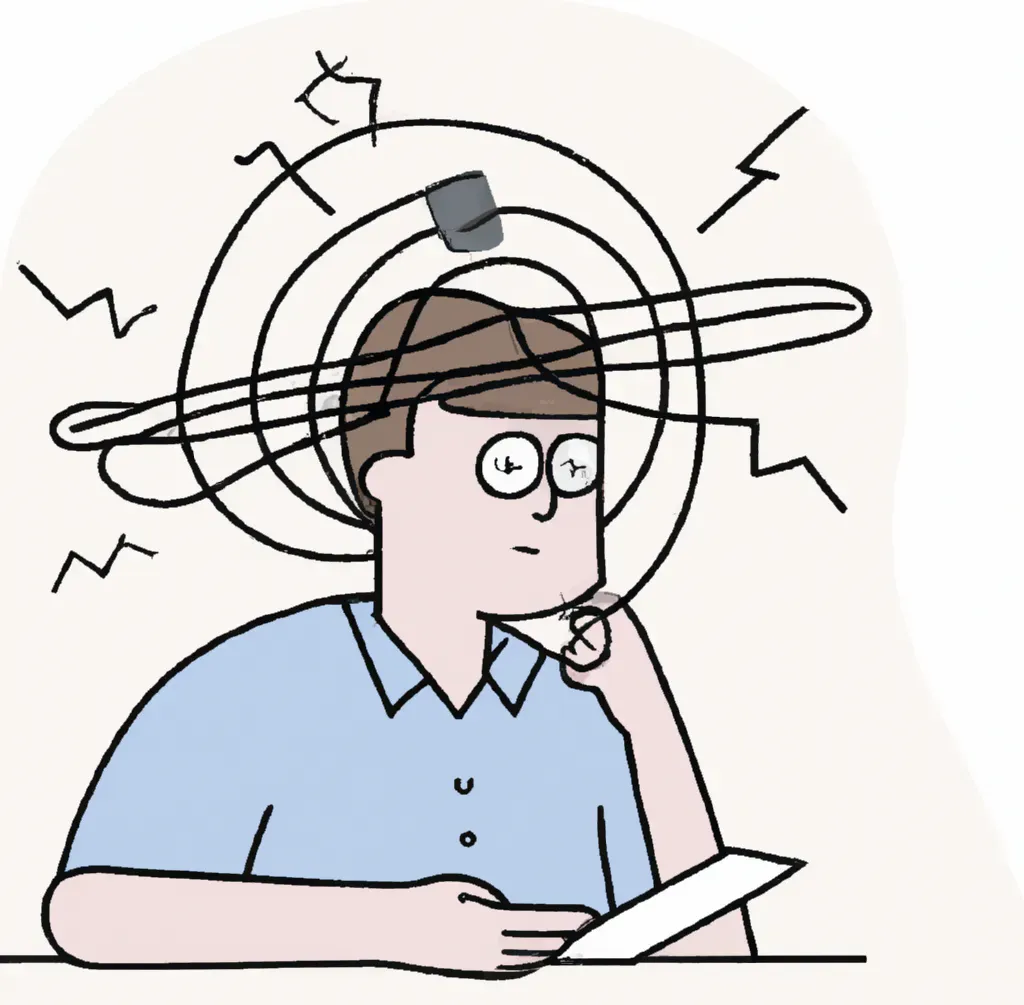
Another approach is to use analog solutions like post-its, pen & paper, etc. This works perfectly and allows to quickly create visualizations. A drawback is that it requires us to keep the paper around. Without it, we’re also in trouble. This can be an issue when we work from various locations over time.
Finally, we can also rely on digital solutions such as e-mails (e.g., I still send myself tons of reminders using emails), calendars, task managers, or note-taking applications, such as Obsidian. Using a digital solution is ideal because it means you can easily access your mental context(s) from anywhere. Email is a good candidate, but it’s actually not ideal for that purpose. Calendars can be useful to save specific information and remind us about it on specific occasions. But to me, saving my mental context as part of my note-taking solution feels perfect. It enables me to create links to other notes (e.g., the draft of the article I’m busy writing, some idea I want to dive into, or the person I meant to call back).
How to save mental contexts
As I've mentioned in the introduction, a mental context is essentially a graph of interconnected information. As such, it can easily be saved. We just have to write down the major facts and ideas we have in mind. We can write those down as a set of bullet points or as graph nodes. Once we have those, we can slowly add details and links. Full sentences are also useful to describe certain things we're thinking about, things we've tried to solve a problem, etc.
The way to think about it is as a "map" that will later help us recover the most important parts of our mental contexts. A set of cues that will reduce the time it takes us to get back to the mental state we're currently in.
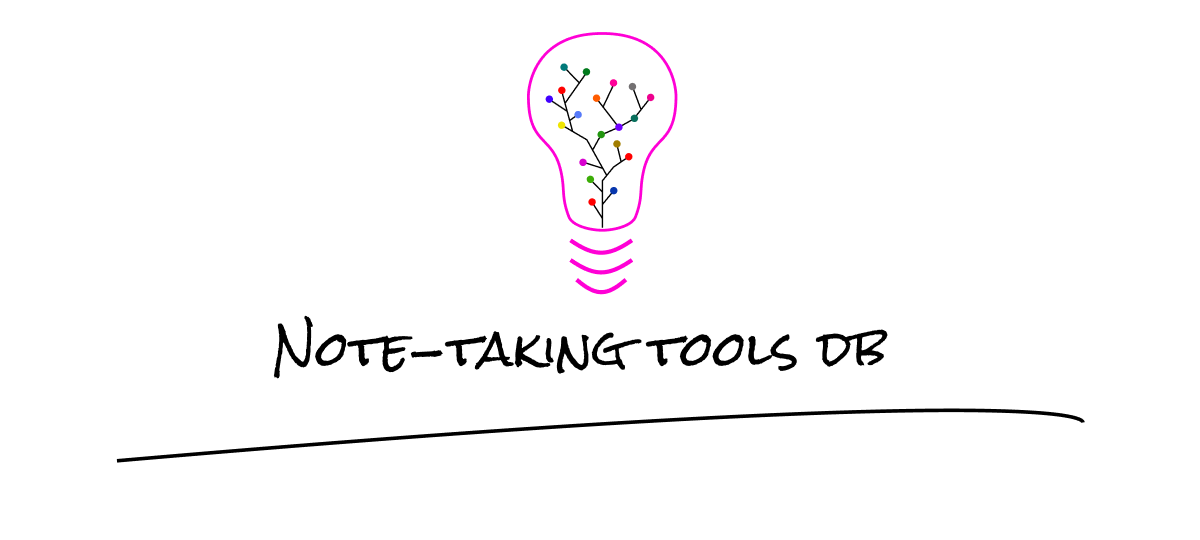
Benefits
Saving our mental contexts is a very effective method to be more productive. Context switching kills productivity. Getting off of work and back to it is one of the “worst” forms of context switch. By saving our mental contexts, we can more quickly get back to where we were, and keep moving towards our goals, instead of having to spend time reconstructing mental contexts from scratch.
Dumping our mental contexts is also a great way to really disconnect from work. Once the important information is safe and sound, we can more easily let go of work, and fill our minds with other ideas. This is really important for better mental health and life/work balance.
Words vanish, writing remains
Finally, saving our mental contexts helps us to become more reliable. Once we write ideas down, those don't get forgotten all that easily. I actually wrote an article about a similar idea a few years ago.

Conclusion
In this article, I've discussed mental contexts, why they're key for productivity, why it's important to save and restore them efficiently to boost productivity, and why it's also important for us to do so to improve our mental health.
Next time a break or the end of the workday approaches, think of this article and free your mind from all that information!
That's it for today! ✨
About Sébastien
I'm Sébastien Dubois, and I'm on a mission to help knowledge workers escape information overload. After 20+ years in IT and seeing too many brilliant minds drowning in digital chaos, I've decided to help people build systems that actually work. Through the Knowii Community, my courses, products & services and my Website, I share practical and battle-tested systems. You can follow me on X 🐦 and on BlueSky 🦋.
I am an author, founder, and coach. I write books and articles about Knowledge Work, Personal Knowledge Management, Note-taking, Lifelong Learning, Personal Organization, and Zen Productivity. I also craft lovely digital products.
If you want to follow my work, then become a member and join our community.
Ready to get to the next level?
If you're tired of information overwhelm and ready to build a reliable knowledge system:
- 🎯 Join Knowii and get access to my complete knowledge transformation system
- 📚 Take the Course and Master Knowledge Management
- 🚀 Start with a Rock-solid System: the Obsidian Starter Kit
- 🦉 Get Personal Coaching: Work with me 1-on-1
- 🛒 Check out my other products and services. These will give you a rock-solid starting point for your note-taking and Knowledge Management efforts






